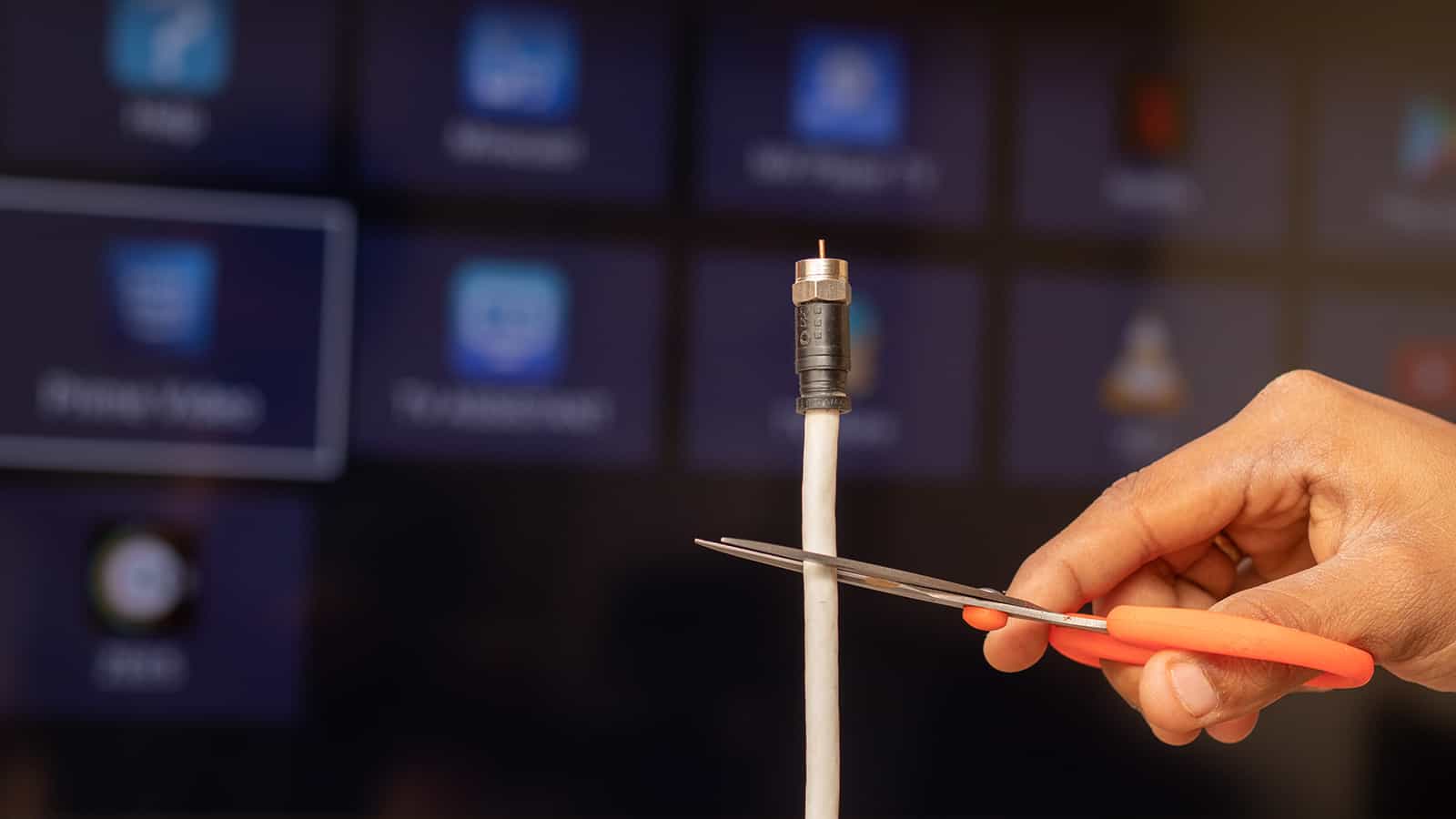With rising costs it’s more important than ever to save money. Many American families are struggling and it’s easy for most to believe that there’s little way to improve their finances. Thankfully, that’s not the case. There are many ways to reduce your expenses, you just have to know where to look. Better yet, many of these opportunities are simple to do. Here are 12 simple ways to save money every month, even if you don’t know where to begin.
Table of Contents
Compare Auto Insurance Rates

When was the last time you compared your car insurance rates? Reports indicate 40 percent of drivers haven’t done so in the last three years.
If that’s you, you could be leaving money on the table. A site like The Zebra or Gabi let you compare rates from several dozen insurers. Within a few minutes you can often find rates that will save you several hundred dollars annually. It’s that easy.
Get Rebates on Your Grocery Shopping

Saving money at the grocery store is a challenge in an era of rising prices. You can use an app like Ibotta or Fetch Rewards to counteract that.
Download one of the free apps, then go shopping. Once done, take a picture of the receipt within the app. The platform identifies active rebates, and credits your account. Then, you can withdraw the earnings in cash or free gift cards.
Automate Your Saving

Do you often just plain forget to save? Automation is your friend. Most employers let you transfer money with every paycheck to a savings account.
If they don’t, most bank let you automate transfers from your checking to your savings account. No more forgetting. It’s best to choose an online bank, such as CIT Bank, as they pay super competitive rates and have no fees.
Try a No-Contract Phone Plan

Are you on a legacy phone carrier like Verizon or AT&T? If so, there’s no need to stick with their expensive plans.
No-contract services offer similar reliability, and data, for a fraction of the cost. Imagine what you could do by trading a $100 monthly bill for $30, without sacrificing what you want.
Earn Rewards Points

While seemingly odd, rewards credit cards can be a fantastic tool to save money. You can opt for a cash back card that gives you money back on your purchases, or a travel card that gives you points and miles.
We opt for the latter to stretch our travel budget. The former gives you a small influx of cash monthly for your purchases. Regardless of which you choose, pay it off in full every month.
Shop Secondhand

Thrift stores, Goodwill, and the Habitat for Humanity Restore are all good choices to shop secondhand. Opting for used items instead of new ones reduces waste and saves you money.
We regularly shop secondhand and it often saves us good money.
Use Free Streaming Services

How much are you spending on your monthly cable or streaming costs? If it’s too rich for your liking, consider using free streaming apps.
Apps like Tubi, The Roku Channel, Pluto, and more are fantastic choices to watch free TV shows or movies, and they’re all no cost. If you don’t mind commercials, it’s tough to beat free entertainment.
Meal Plan

Do you feel like your family is wasting too much food, or overspending at the store? Give meal planning a try.
Write down the meals you want to have this week, then use that to create your shopping list. This helps you spend less and still have what you need.
Use Active Coupon Codes When Shopping Online

Nothing is worse than searching for a coupon code online, only to find it’s not valid. Free browser extension apps like Honey by PayPal let you avoid that.
They work in the background as you shop. When you go to the shopping cart, they scour the internet for valid coupon codes and applies the best one. It’s that simple.
Buy Generic at the Grocery Store

Brand names are known and loved, especially on grocery items. Unfortunately, you pay more for that brand name in most cases. Choosing the generic option is often more affordable and, best of all, many generics are made in the same factory as their brand name alternatives.
Consumer Reports claims that generic grocery items are typically up to 25 percent cheaper than a brand name. You won’t be able to replace everything with generic options, but every item you do helps stretch your grocery bill a little bit more.
Take Your Lunch to Work

Costs to eat out have grown dramatically since 2022. Reports show that fast food alone has increased over 20 percent since 2022.
Skip the lunch out routine and brown bag it. It helps stretch your food budget and it’s often healthier.
Pay Less For Your Prescriptions

How many prescriptions do you regularly use? Regardless of how many, an app like GoodRx can be a helpful way to reduce your expenses.
The app partners with over 70,000 pharmacies and allows you to save up to 80 percent. Best of all, the app is free to use.
35 Proven Ways to Save Money Every Month

Many people believe it’s impossible to save money. Or, they think saving $20 or $50 a month won’t amount to much. Both are incorrect. There are many simple money-saving tips that can add up to big savings. You just have to start one, then another, to increase your savings.
Ways to Save Money Every Month
7 Steps to Break the Paycheck-to-Paycheck Cycle

Making ends meet is hard on a limited income. However, it is possible to break the cycle and find financial stability. You just need to know where to start.
How to Stop Living Paycheck to Paycheck
How to Save Money on Groceries

It can be a challenge to keep grocery costs under control. With a little planning you can cut costs and not sacrifice what you want.
How to Save Money on Groceries
15 Best Coupon Apps to Save Money

Saving money at the store is as simple as using your phone. Better yet, you can redeem savings for free PayPal money or gift cards. That’s a win-win.
15 Best Coupon Apps to Save Money
How to Cut the Cord on Cable or Satellite

Record numbers of Americans are cutting the cord on cable and satellite. This guide shows the best way to end your contract and replace it with a top streaming service.
How to Cut the Cord on Cable or Satellite
I’m John Schmoll, a former stockbroker, MBA-grad, published finance writer, and founder of Frugal Rules.
As a veteran of the financial services industry, I’ve worked as a mutual fund administrator, banker, and stockbroker and was Series 7 and 63-licensed, but I left all that behind in 2012 to help people learn how to manage their money.
My goal is to help you gain the knowledge you need to become financially independent with personally-tested financial tools and money-saving solutions.






Leave a Reply